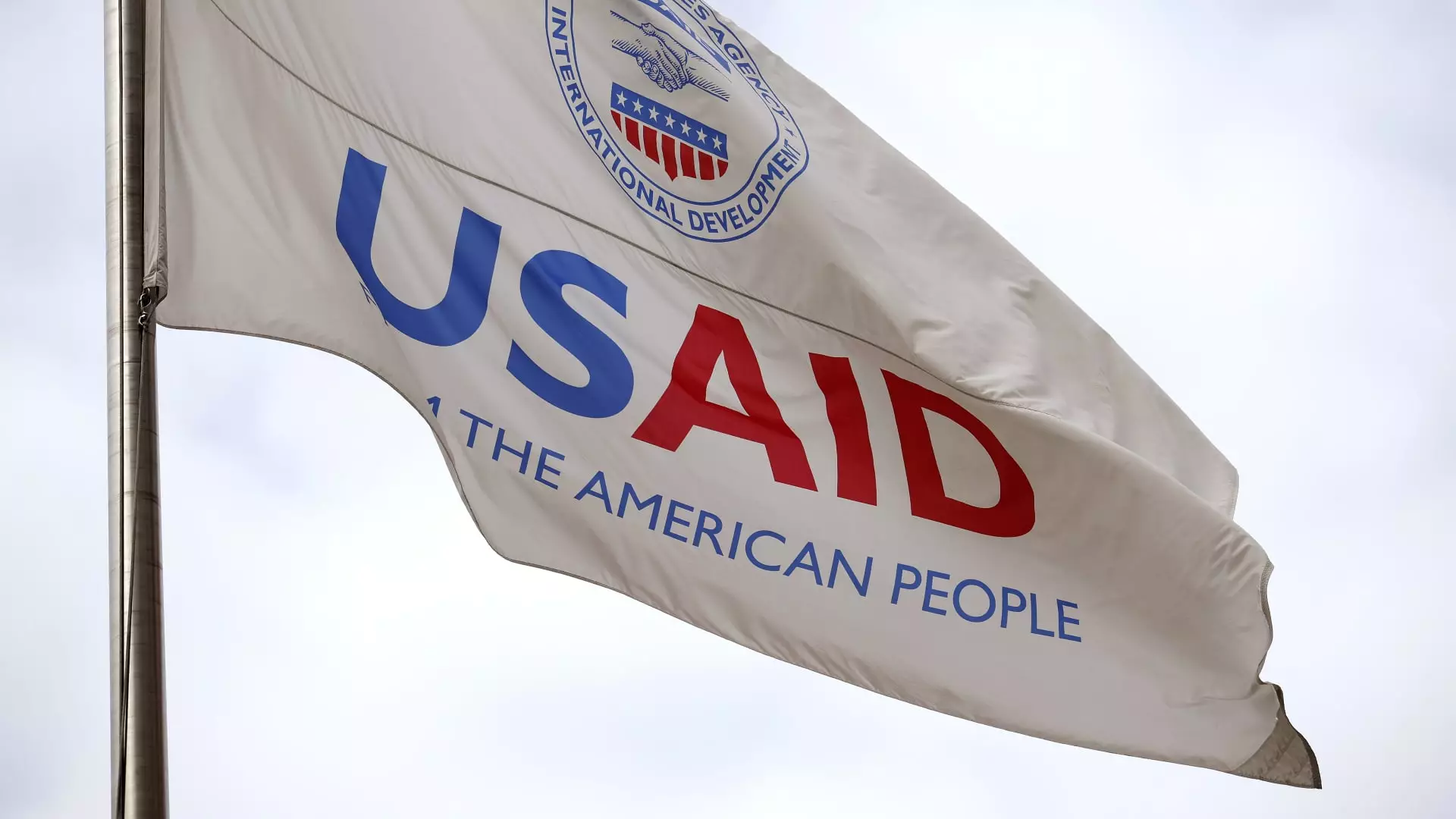In a shocking turn of events, three U.S. aid workers were unceremoniously dismissed while actively engaged in rescue efforts following the catastrophic earthquake in Myanmar, highlighting a tragic mismanagement of resources and priorities by the current administration. This wave of terminations has come at a time when humanitarian aid is not just needed but is critical for the survival of thousands. Marcia Wong, a former high-ranking official at the U.S. Agency for International Development (USAID), has articulated a sentiment shared by many: the psychological toll of being fired while trying to help those devastated by natural disaster is both cruel and demoralizing.
The Trump administration has largely been phasing out foreign aid, and with that, a chilling neglect of U.S. responsibilities to global humanitarian needs has emerged. The three workers, who were risking their own safety sleeping in the earthquake zone, represent not only a loss of personnel but a loss of hope for those desperately awaiting assistance. The government’s reckless cuts to USAID, while ostensibly aimed at eliminating waste, spotlight a fundamental misunderstanding of what comprises effective governance and international relations.
Government Apathy in the Face of Disaster
The response from the U.S. government has been lackluster at best. Despite President Donald Trump pledging at least $9 million in disaster aid to Myanmar following the 7.7 magnitude quake that has tragically claimed over 3,300 lives, the reality is that these financial commitments are often just hollow promises. The explanation offered by Secretary of State Marco Rubio—that Myanmar is a challenging environment due to its military government—is not an excuse for inaction; rather, it showcases an administrative inability or unwillingness to devise robust strategies to navigate complex geopolitical waters.
The narrative that the U.S. will no longer be the world’s foremost humanitarian donor reveals a stark departure from the ideals that once defined American foreign policy. Aid workers on the ground need support, not cuts. Countries like China, India, and Russia have rushed in as assistors while the U.S. promises diminish. The very premise of humanitarianism—that we help those in dire need—seems overshadowed by bureaucratic incompetence and ideological rigidness.
The Erosion of Humanitarian Values
Historically, America has positioned itself as a beacon of hope and generosity. The abrupt dismantling of USAID diminishes this legacy, leaving behind a fractured framework of aid that many vulnerable populations rely upon. The personnel cutbacks mean that seasoned coordinators and skilled aid workers, essential to navigating the on-the-ground realities of disaster response, are either being let go or left in precarious circumstances.
What’s more alarming is the narrative constructed around these layoffs, where the language of efficiency masks a deeper erosion of humanitarian values. The heartbreaking reality is that those impacted by disasters often do not receive the much-needed support because the entities designed to provide that aid—the ones working day and night—are being systematically dismantled. In an age of increasing global crises, the strategy of retreating into an isolationist stance seems not only impractical but morally indefensible.
In the face of such profound challenges, it is imperative that we advocate for a re-evaluation of priorities. The heart of liberalism mandates compassionate governance, especially towards those who suffer. The world is watching as America grapples with its humanitarian identity, and the stakes could not be higher.


Leave a Reply